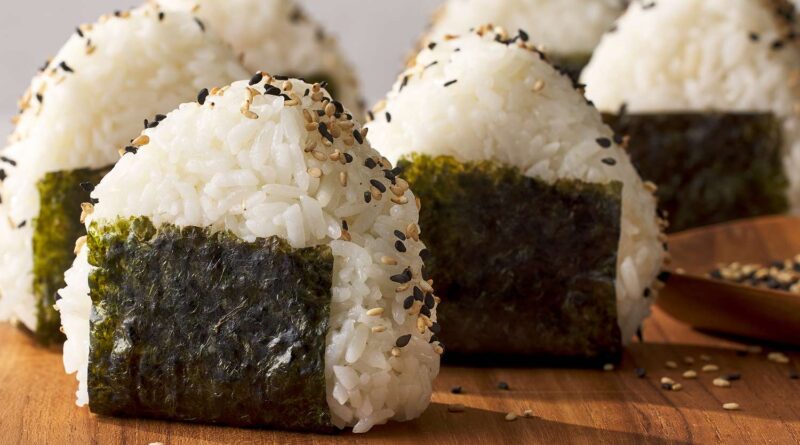Japan to ban reselling of rice as cheap stockpiles hit shelves
The government decided on Friday to prohibit the reselling of rice purchased at retail shops to ensure that rice reserves recently released at lower prices will stably reach consumers.
Under the ban, which will take effect June 23, those who sell rice at a higher price than they paid at supermarkets and online shops will face up to one year in prison, a fine of up to 1 million yen, or both.
The move comes after the government took the rare step of selling rice reserves through direct contracts with retailers in late May, hoping to tackle rising prices of Japan’s staple food, which have doubled compared with a year earlier.
Farm minister Shinjiro Koizumi said the rice stockpiles are at “risk of resale because they are sold at cheaper prices.”
“It is necessary to develop an environment to deliver stockpiled rice to as many people as possible,” the agriculture, forestry and fisheries minister also said in explaining the need to impose the reselling ban.
The ban, stipulated in a revised cabinet order under a law providing emergency measures in response to price rises, will also affect rice other than the government stockpiled rice.
Rice prices have spiked from the summer of last year, prompting the government to release its rice reserves that have been set aside for emergencies such as disasters or crop failures.
Japan has so far decided to release all but about 100,000 tons of reserve rice from its stockpile of 910,000 tons.
This article has been republished from The Japan Today.

